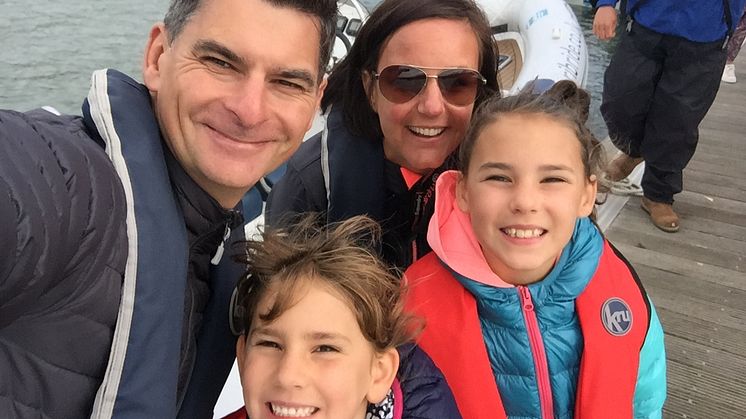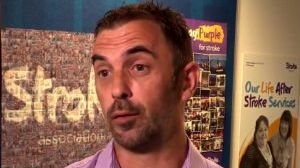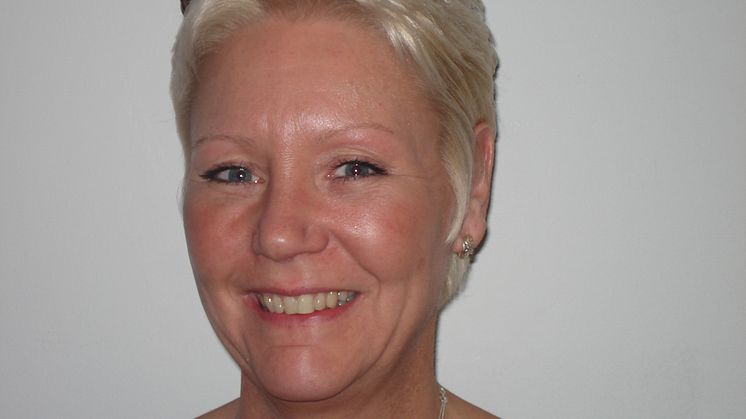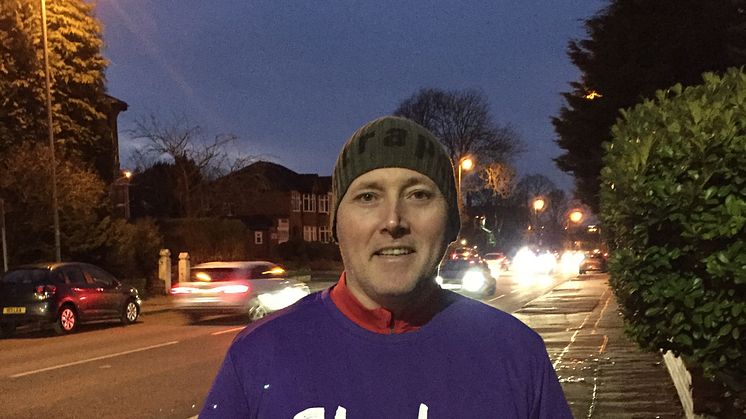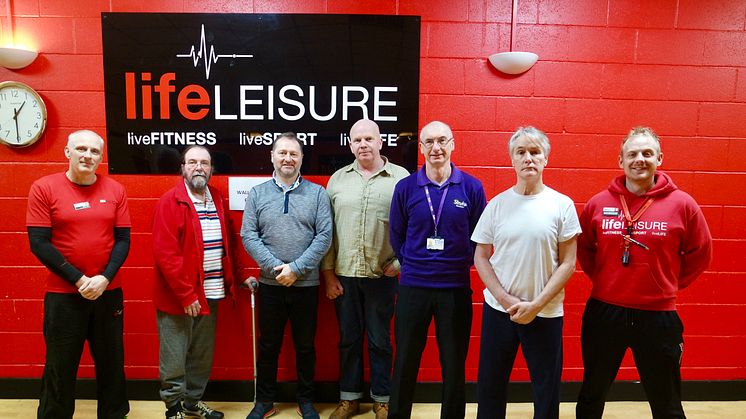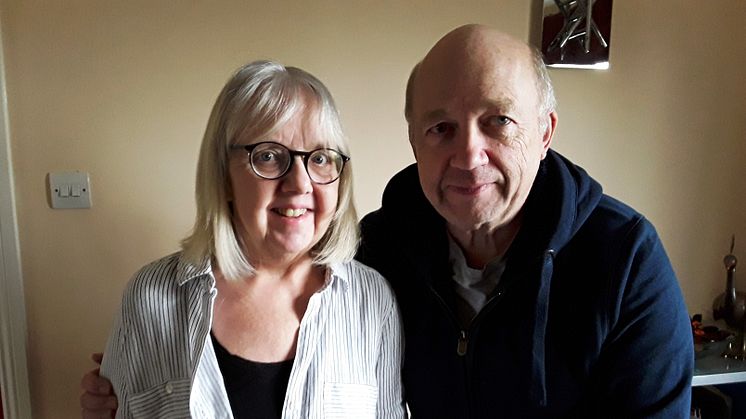
Press release -
Congleton stroke survivor backs Stroke Association’s FAST message
Stroke survivor Gill Hughes, 62, from Congleton is urging people across Cheshire to be aware of the warning signs of stroke, and share the FAST message to help save more lives.
Gill was queuing at a Rode Hall Farmers Market, when she started to feel unwell and dropped to the ground. Fortunately, an off-duty nurse was in the crowd and recognised Gill’s signs of stroke instantly, calling an ambulance and using the last number dialled on Gill’s mobile to call her son.
Gill was taken to Royal Stoke University Hospital where she underwent a thrombectomy to remove the clot from the left-hand-side of her brain. Just a week later, she was discharged, but sadly went onto have a second stroke at home. On the day of her second stroke, Gill was at home in bed when she awoke her husband Phil in the early hours of the morning, shaking violently.
Phil said: “I was fast asleep in bed at 5am, when I woke up to feel the entire bed shaking. I immediately jumped up and saw Gill had one leg totally extended out and locked. The entire left hand side of her face had dropped and she was making a very loud snoring type noise. The signs were very extreme, and because of what had happened the week before, I knew immediately that Gill was having another stroke. It was scary to say the least. A lot of people don’t have someone with them, which doesn’t bear thinking about. The fact I was there and able to phone the ambulance made such a difference.”
Gill was given a second thrombectomy, this time on the right side of her brain, making her the first person in Stoke-on-Trent to ever have a bilateral thrombectomy. Gill also had a bleed on the right hand side of her brain, and as a result she now has weakness in her left side.
Gill said: “I’m feeling much better than I did, and I can dress myself and do most things although my left side is weaker than my right. I can’t fully lift my arm and I also have numbness in my left foot. I can walk, but it’s slow and I get tired easily because my left leg drags. I think it was the speed that Phil and the nurse acted that ensured I got the treatment I needed, and helped me to make a good recovery.”
Phil added: “Gill is coming on really well with her recovery, although she still has a long way to go. It’s quite incredible the difference from several weeks ago to now.”
The Stroke Association is raising awareness of the signs of stroke, calling on people to learn the symptoms, and call 999 as soon as they spot them.
The FAST test helps people recognise the most common symptoms of a stroke and the right action to take:
FACE: Can the person smile? Has their mouth or eye drooped?
ARMS: Can the person raise both arms?
SPEECH: Can the person speak clearly and understand what you say?
TIME to call 999
Chris Larkin, Regional Director at the Stroke Association, said: “Stroke can happen to anyone at any age, at any time, and when it strikes, every second counts.
“A stroke is a medical emergency, so recognising the signs and calling 999 for an ambulance is crucial. The quicker a person arrives at a specialist stroke unit, the quicker they will receive appropriate treatment. That’s why we’re calling on people in the North West to learn the FAST test and share it with their friends and family. Knowing how to spot the warning signs of a stroke could save a life.”
To find out more about the FAST test, and the Stroke Association’s work to raise awareness of the warning signs of stroke, visit www.stroke.org.uk/FAST.
Topics
Categories


